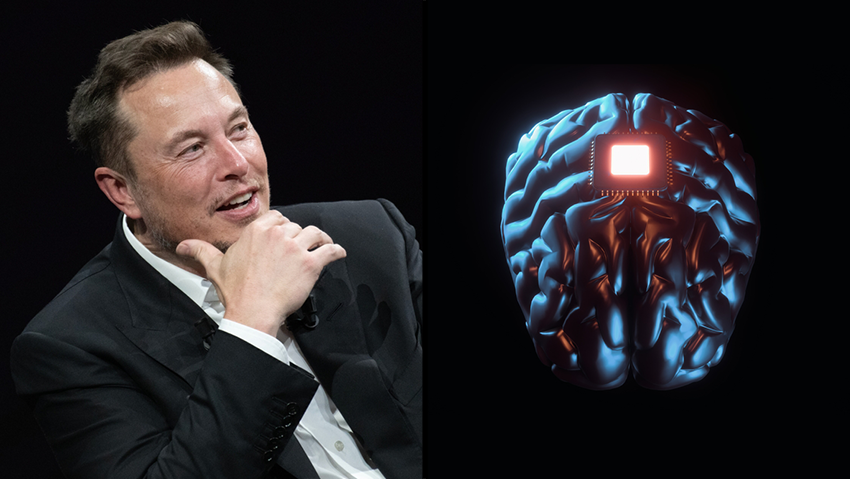Elon Musk's brain chip company Neuralink's first patient, 29-year-old Noland Arbaugh, can now play computer games, including chess and Civilization VI despite being a quadriplegic.
The chip allows Arbaugh to control a computer cursor with his mind. Neuralink live-streamed Arbaugh playing online chess.
1 View gallery


Elon Musk, Neuralink
(Photo: Frederic Legrand - COMEO, Aleksandra Sova / Shutterstock.com)
Following the surgery, some threads retracted from Arbaugh's brain, resulting in a decrease in effective electrodes, but Neuralink restored full function through software augmentation without additional surgical correction.
Despite the setback, Arbaugh can still move the cursor across the screen after learning a new clicking method, and Neuralink advised against surgery to replace the sensors.
Neuralink has been approved by the FDA to surgically implant its brain-computer interface device in a second patient, after addressing issues with the electrode design that caused problems for the first patient.
Neuralink aims to enroll three patients to evaluate its brain-chip device in a study expected to take several years to complete.
The company aims to implant its device in a second patient in June and a total of 10 people this year, with over 1,000 quadriplegics signed up for its patient registry.
Plans include bringing the technology to people with ALS, spinal cord injuries, or other conditions causing quadriplegia.
Neuralink has faced skepticism from medical researchers due to a lack of transparent evidence and concerns about the safety and validity of its practices.
Leaked documents have revealed gruesome injuries to monkeys from Neuralink implants, sparking ethical worries, and researchers question the abilities of Neuralink's robotic surgeon.
FDA inspectors found problems with record keeping and quality controls at Neuralink, post clearance for human brain implant testing.
This article was written in collaboration with Generative AI news company Alchemiq
Sources include Yahoo News, Forbes, Bloomberg, Axios, The Hill, Mashable, Wired, The New York Times, and Reuters

